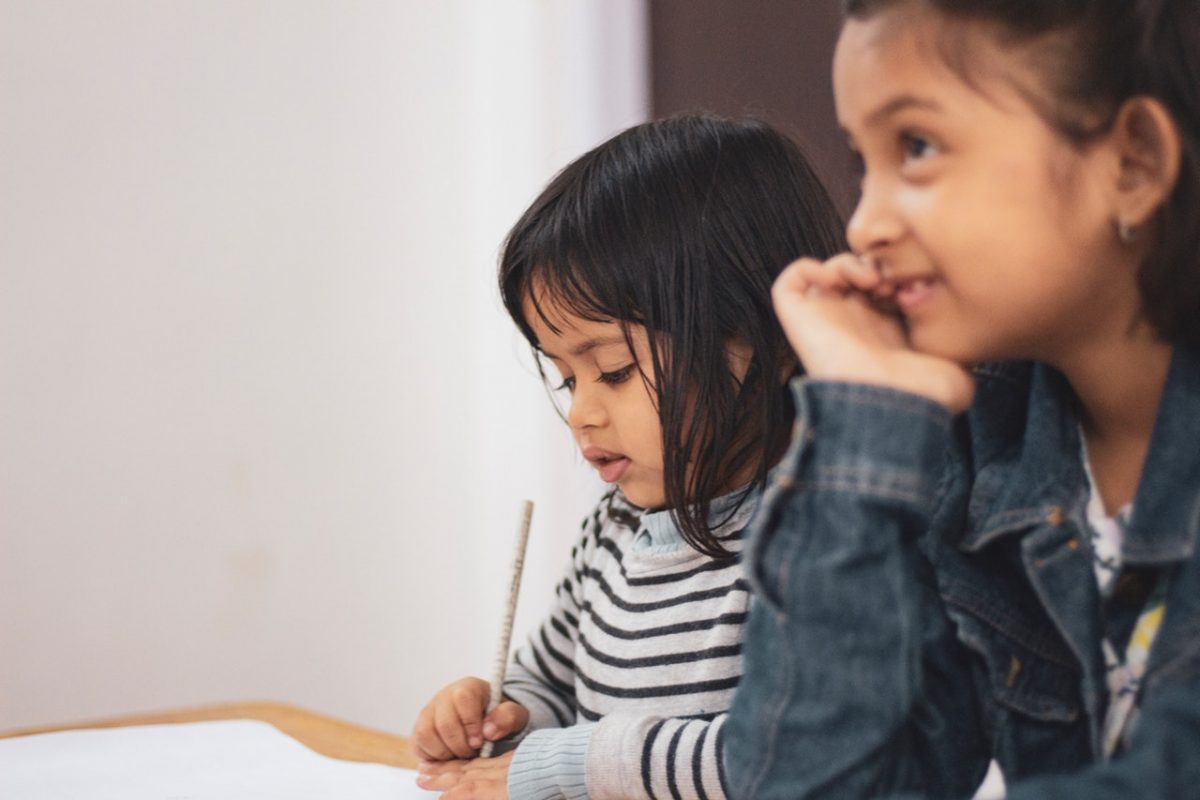Society, especially the parents, are concerned mainly with what their children eat, such as vegetables, and their sleeping duration. When it comes to what their children drink, they are most times not concerned about that. However, data from water researchers and data analysts suggest that many children do not drink enough water.
Water and Kids’ Cognitive Ability
After the research conducted by Naiman Khan and his team, he said in a press release that children are at a high risk of dehydration because they rely on adults to provide them with water. He said further that he has studied the effects of water intake on the cognitive ability of children for a very long time, but there was no opportunity to promote it.
In a recent study on water, researchers found out that water is helpful to children. Therefore, water is an important intake that could aid the level at which children concentrate and think in school.
Research Carried Out by Khan
In the research conducted by Khan and his team, they found out that water is helpful to children’s cognitive ability. They used about 75 children for the research. The children were between the ages of 9 to 11 years. To conduct this research, the researchers tweaked the level at which these children drink water. The research was conducted for four days, and it was done thrice.
The participants in the research were divided into three groups, with each group drinking a different quantity of water daily. The first group of children drank the same quantity of water they had been drinking before the experiment.
The second group drank two and a half liters of water daily, while the last group drank half a liter of water daily. Samples of these children’s urine were collected on the fourth day of conducting the research. These urine samples were analyzed by scientists with a special interest in the urine sample’s concentration, volume, and color.
The Aim and Process of the Research
The children were made to write different cognitive tests at the end of each round of the research. The first test was to measure the children’s level of attention and the time spent on reacting. To do this, the children were made to look at a screen where an arrow would be flashed. The arrow on the screen would be accompanied by other arrows. Some face one direction, and others face the opposite direction.
For the test, the children would press a button to indicate the direction of the target arrow is shown on the screen. In addition, the children’s inhibition was also tested where the children would press a button to indicate the image shown to them on the screen. They were to press the button using their right thumb if the image shown is a lion, while they would press the button using their left thumb if the image that was shown is a tiger.
The final test that was conducted is to measure the children’s ability to switch their focus on a different concept and how flexible they could be with their cognition. To do this, the children were shown something, color green, and blue that has arms and faces. To indicate if what was shown to them is blue, the children would press the button using their right thumb, and they would use their left thumb if what was shown to them was green.
The children were also made to differentiate between shapes of what was shown to them. They used their left thumb to indicate a square and their right thumb to indicate a circle.
Research Result, Findings, and Conclusion
The research indicates that children do not drink enough water because the sample of urine from children who maintained their drinking habits was compared with the sample of children who drank half a liter of water. The results from this were similar. Moreover, from the result of the research, it was discovered that the group of children that drank more water had greater flexibility than the group that drank half a liter of water.
Conclusion
The Centre for Diseases Control does not specify the quantity of water that should be drunk daily; experts, however, suggest that drinking less than a liter of water daily is not healthy. It is a great idea if elementary students drink more water daily. The extra water they drink may be helping them cognitively and also improve the student’s ability to focus and process information.







